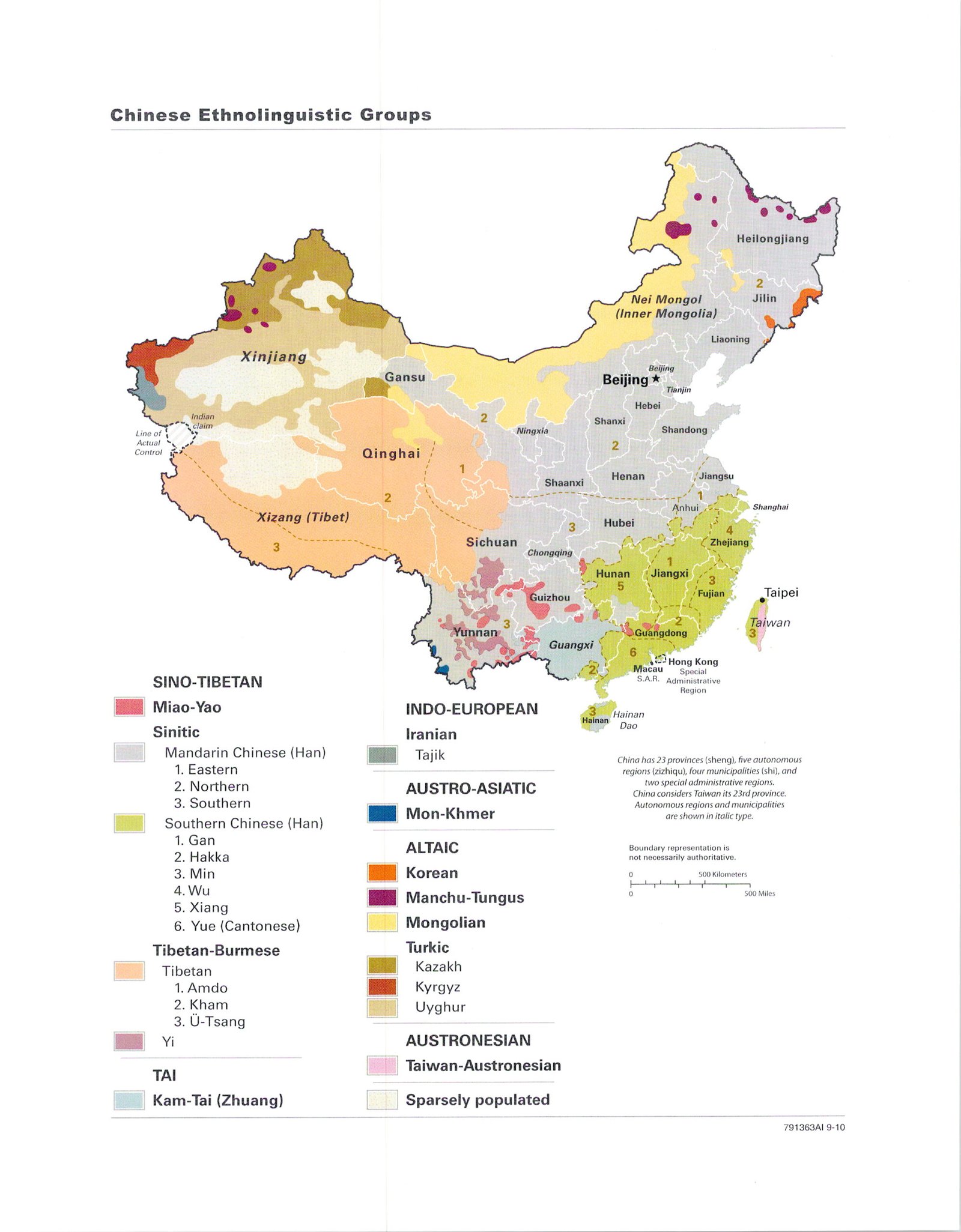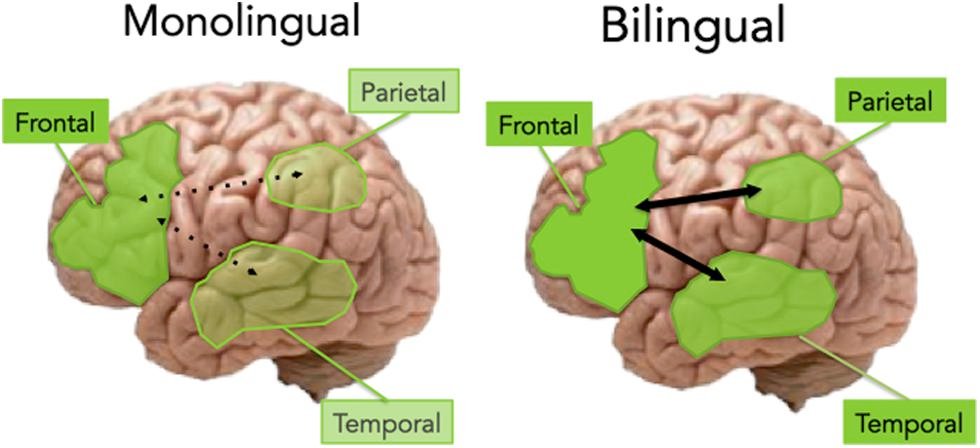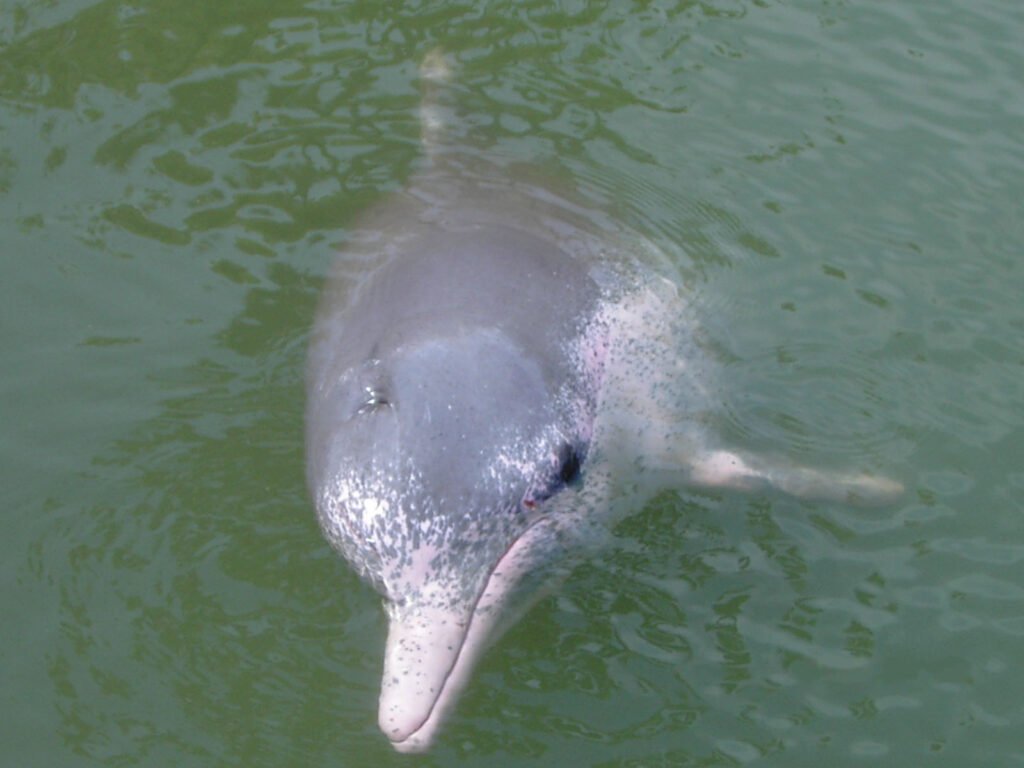Have you ever stumbled across a word from another language that felt like a key unlocking a memory you didn’t know you had? Imagine feeling a pang of nostalgia so specific, there is no English word for it. Or recalling a moment so vivid, you can only describe it in your mother tongue. The invisible thread weaving language and memory together is full of emotion, wonder, and sometimes even mystery. Words are more than just sounds—they’re vessels of experience, shaping the way we remember and even what we can remember. Some words stick out because they simply don’t exist in other languages, almost as if they capture a feeling or memory unique to a culture or a way of life. These untranslatable words open a window into the magical intersection between language and memory, revealing just how much our words shape the world inside our minds.
The Power of Words to Frame Experience
Language isn’t just a tool for communication—it’s the very lens through which we see the world. When you learn a new word, especially one that doesn’t exist in your native language, it can change how you think and feel about a situation. For example, the German word “Fernweh” refers to a longing for far-off places, a kind of homesickness for places you’ve never been. Once you know this word, you might suddenly notice that bittersweet ache in your own memories. Language gives shape and form to experiences, making them easier to recall and even changing how you interpret your past. Without the right words, some memories may stay fuzzy or even slip away unnoticed.
How Untranslatable Words Anchor Unique Memories
Untranslatable words can act like anchors for memories that might otherwise float away. Take the Japanese word “Komorebi,” which describes the dappled sunlight that filters through leaves. If you’ve spent time in a sunlit forest, you know this feeling, but before learning the word, you may never have thought to remember it. Once you have a word for something, it becomes easier to recognize and recall when it happens again. These special words don’t just label experiences—they help us store them, making our memory richer and more colorful.
The Science Behind Language and Memory
Cognitive scientists have long studied how language shapes memory, and the evidence is both fascinating and profound. Research shows that the words we have available influence what we notice and remember. For example, studies on color perception reveal that speakers of languages with more words for shades of blue can distinguish and recall those colors more accurately. Similarly, memories often become sharper and more specific when we have precise vocabulary to describe them. This isn’t just a matter of convenience; it’s a process deeply rooted in how our brains organize and retrieve information.
Feeling What We Cannot Name

Sometimes, emotions or sensations are so complex that we struggle to put them into words. Yet, when a language offers a term for such a feeling, it can be eye-opening. The Portuguese word “Saudade” captures a deep emotional state of nostalgic longing for something or someone that is absent. Even if English speakers have felt this emotion, having a word for it makes it easier to recall and share those memories. Without words, feelings can be fleeting or get lost in translation, but with language, they become part of our conscious memory.
Culture, Memory, and the Words We Use

Every culture has its own history, landscape, and values, which shape the vocabulary it creates. Words reflect what matters to people, and these priorities influence the memories that are reinforced and shared. For example, the Inuit languages have a rich vocabulary for snow, each word reflecting a different type of snow and the experiences associated with it. Growing up surrounded by snow, Inuit children learn to remember and distinguish subtle variations that others might overlook. Culture and language together become the scaffolding for building, recalling, and sharing memories.
Examples of Words Without English Equivalents
There are countless words from around the world that capture moments or emotions in ways English cannot. “Wabi-sabi” in Japanese refers to a beauty that is imperfect, impermanent, and incomplete—a concept that shapes memories of fleeting moments. “Sisu” in Finnish embodies stoic determination and courage, especially in the face of adversity. “Tingo” in the Rapa Nui language means to borrow things from a friend’s house, one by one, until there’s nothing left. Each word represents a unique lens for storing and recalling memories, making life’s tapestry even more intricate and fascinating.
The Role of Metaphor in Memory Formation
Metaphors are a powerful way languages create meaning, and they play a big role in how we form and retrieve memories. When you describe a difficult time as “weathering a storm,” your memory of that event might become more vivid, shaped by the imagery of wind and rain. Some languages have metaphors that don’t translate directly but help speakers remember experiences in a unique way. This creative use of language can turn abstract feelings into memorable stories, coloring our recollection with emotion and imagery.
Bilingualism and the Multicolored Mind

People who speak more than one language often report having different memories or even personalities depending on the language they’re using. A bilingual person might recall a childhood event differently when speaking Spanish than when speaking English. This happens because each language brings its own set of words, feelings, and cultural associations, creating multiple pathways to the same memory. Being bilingual or multilingual can thus enrich memory, offering a broader palette for painting the stories of our lives.
Memory in the Absence of Words
What about experiences for which no word exists, in any language? These wordless memories can feel slippery—hard to explain, hard to pin down. Without language, memories may remain more sensory or emotional than narrative. You might remember the smell of a grandparent’s kitchen or the feeling of winter’s first chill, but struggle to describe it fully. Sometimes, memories are like photographs with no caption, beautiful but silent. This shows just how important words are in shaping and preserving the stories we carry with us.
Can New Words Create New Memories?
Inventing new words or adopting foreign terms can actually change the way we remember. When we learn a word like “Hygge” (the Danish concept of cozy togetherness), we become more attuned to moments that fit this description. Suddenly, a rainy afternoon with a book and a blanket becomes a memory worth savoring. Language doesn’t just help us recall the past; it can shape how we notice and store new experiences, guiding the way we live and remember.
Final Reflections on Language and Memory
Words are much more than labels—they are the architects of memory, building bridges between our experiences and our ability to share them. Untranslatable words offer a glimpse into the richness of human life, reminding us that every language holds its own treasures. The next time you can’t quite find the right word, remember: somewhere in the world, that word might exist, waiting to bring your memory into sharper focus. Isn’t it astonishing how a single word can unlock a world of emotion, nostalgia, and meaning?




